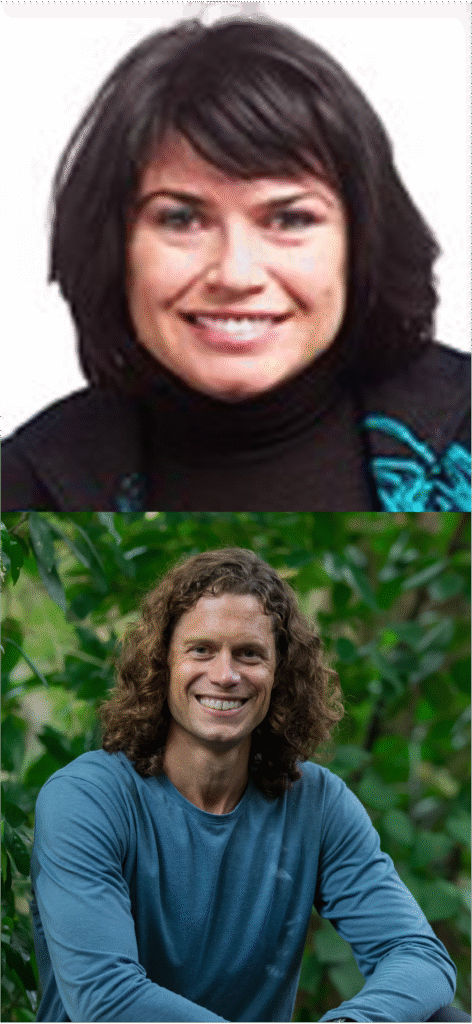<< Back to Forthcoming Seminars

Rosemary Coombe (York University) and David Jefferson (University of Canterbury)
Making and Marketing Biocultural Heritage in Agriculture: From the Andean Community to Asia
Much socio-legal research on intellectual property in relation to food and agriculture focuses on the influence of global policy norms on domestic law-making and the expansion of new international trade opportunities for small-scale producers. Other studies have examined controversies and contestations around government actors claiming foods as manifestations of their national heritage. We depart from both mainstream analytical approaches, employing perspectives from legal anthropology on how ‘policy travels’ to consider new articulations of human rights and sustainability objectives. We evaluate and synthesise a growing body of ethnographic research (much of it done by and with international NGOs) that explores how Indigenous, ethnic minority, and other communities living in rural areas in the Global South articulate proprietary claims over seeds, crops, agricultural methods, and culinary knowledge as important forms of biocultural heritage in socioecological initiatives. These novel proprietary claims, exist inside, outside, and often alongside conventional intellectual property vehicles. Influenced by environmental development NGOs, farmers’ movements, and food sovereignty aspirations, communities assert biocultural rights norms to identify goods derived from collective territorial enterprise. Drawing from earlier research focused on Andean Community member states, we now consider examples from China, the Philippines, and Nepal of how biocultural heritage territories are designated, agroecology principles are asserted, biocultural goods are made and marketed, and agritourism initiatives promoted. Together, these examples demonstrate interlinkages between Andean and Asian communities as global policy norms of biodiversity conservation, traditional knowledge protection, climate change mitigation, and food security and sovereignty are interpreted through articulations of collective rights to heritage.
Rosemary J. Coombe is a Full Professor in the Departments of Anthropology and Social Science. She held the Tier One Canada Research Chair in Law, Communication and Culture at York University from 2001- 2022. She supervises graduate students in Anthropology and Socio-Legal Studies. Prior to becoming a CRC at York, she was a Full Professor of Law at the University of Toronto Faculty of Law. She holds doctoral degrees in law and anthropology and publishes widely in anthropology, cultural studies, law and society and food and heritage studies.
Her early work addressed the cultural, political, and social implications of intellectual property laws. Her book, The Cultural Life of Intellectual Properties (1998, reprinted in 2008) is a legal ethnography of the ways in which intellectual property law shapes cultural politics in consumer societies. She now does research on ‘the work of culture’ in an era of informational capital. Topics include the protection of biological diversity and its relation to cultural diversity, and the emergence of ‘biocultural heritage’ protections. Generally, she explores the ‘culturalisation’ of claims, entitlements, and social justice aspirations under conditions of neoliberalism, sustainable development objectives, and evolving and emerging fields of human rights, particularly Peasants’ Rights.
Dr David J Jefferson (he/him) is an Associate Professor at the University of Canterbury Faculty of Law, where he teaches Environmental Law, Land Law, and Intellectual Property. David is a legal anthropologist whose research covers a range of issues related to biodiversity conservation, biotechnology regulation, intellectual property in the agricultural and food sectors, ecosystem rights laws, and the protection of Indigenous knowledge systems. The field sites where David works are in Aotearoa New Zealand, Australia, and the Andean Community of South America. He holds a PhD in Law from the University of Queensland, a JD from the University of California, Davis, and an MA in Psychology from Suffolk University. David has been the recipient of several competitive research awards, including a United States Fulbright fellowship for work in Ecuador. His first book, Towards an Ecological Intellectual Property: Reconfiguring Relationships Between People and Plants in Ecuador was published in 2020.
